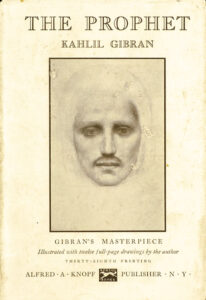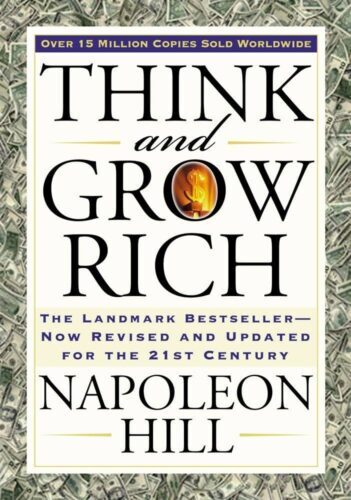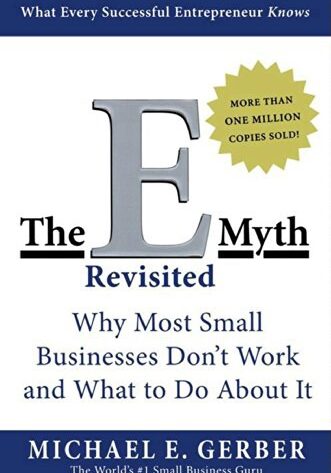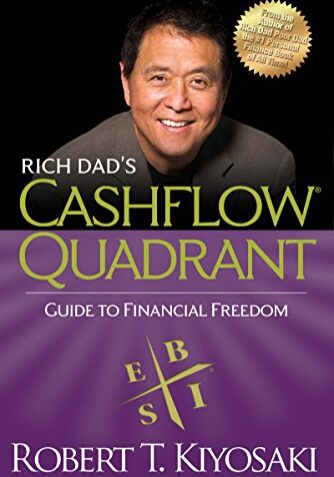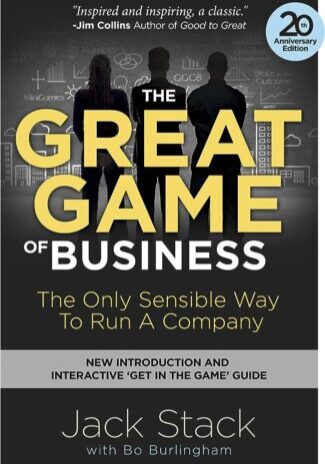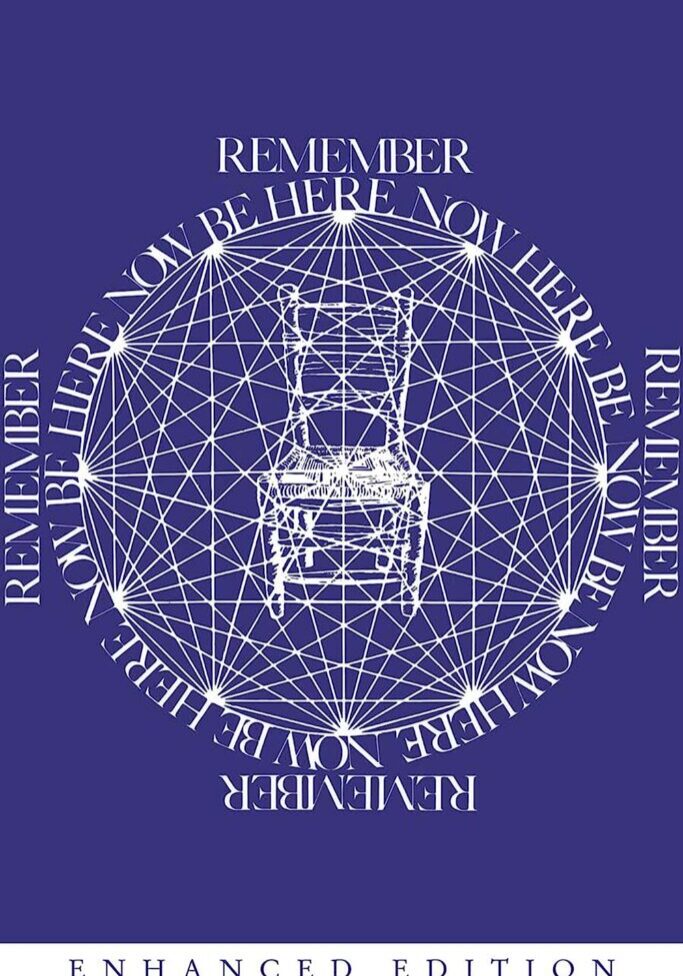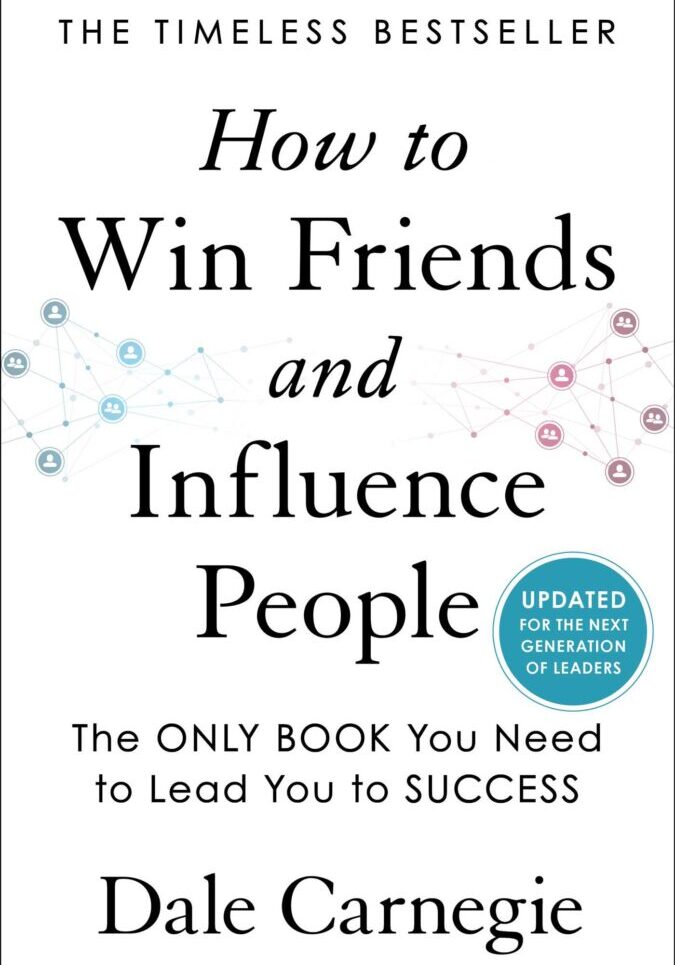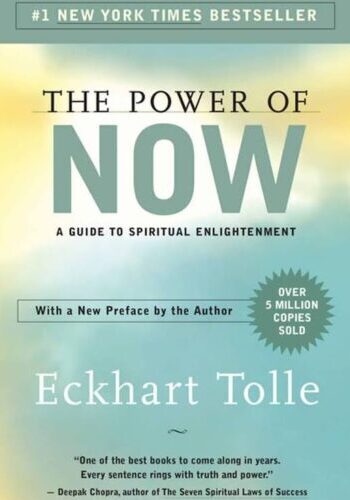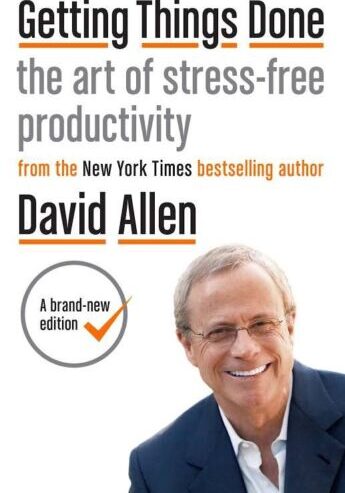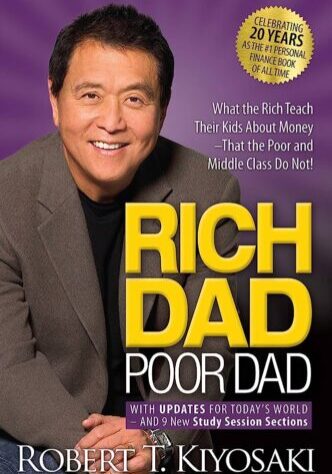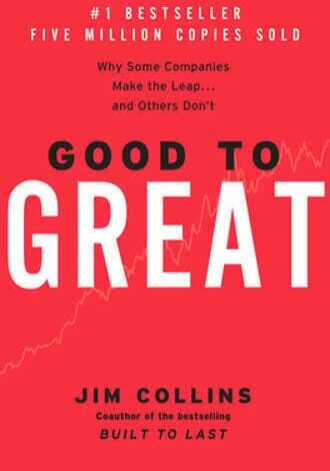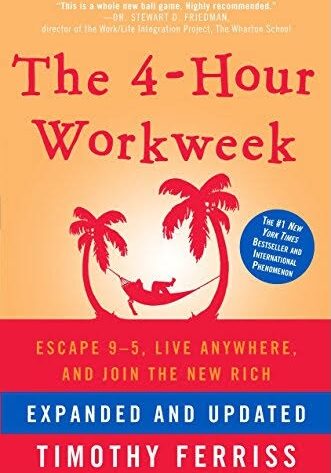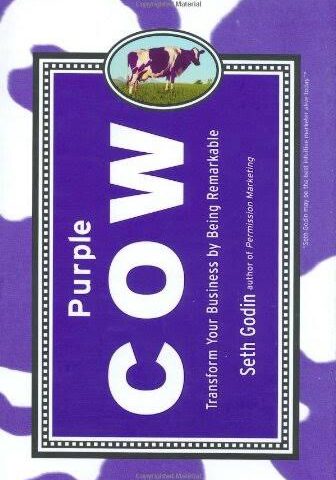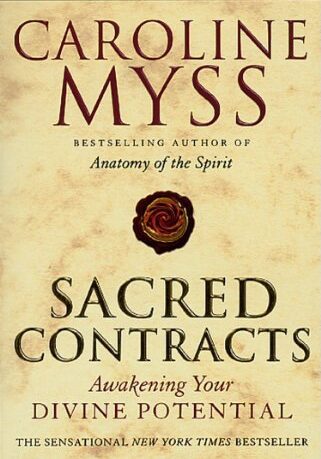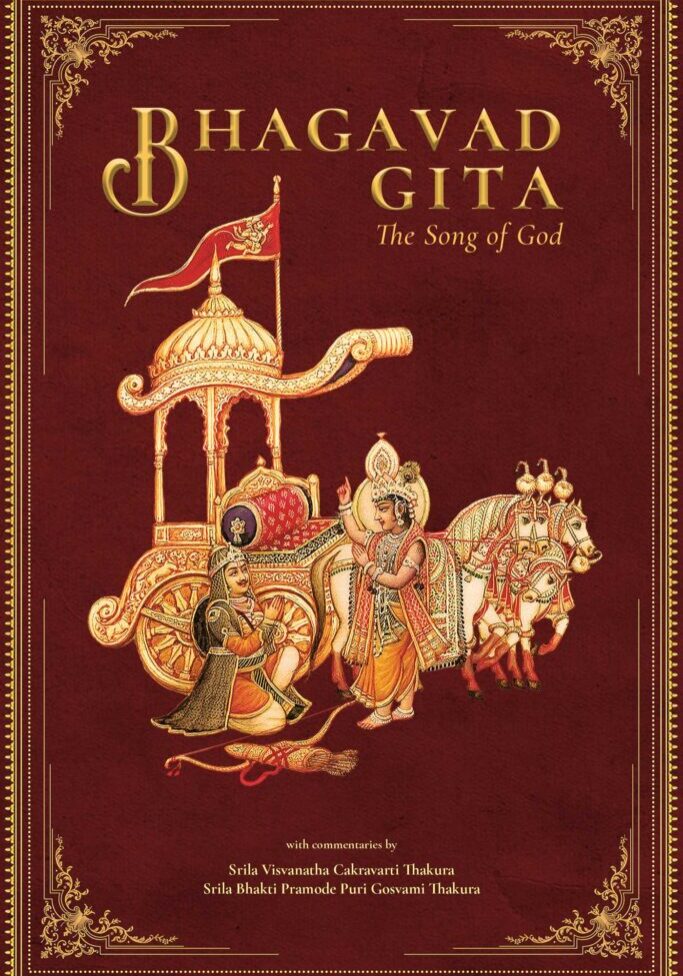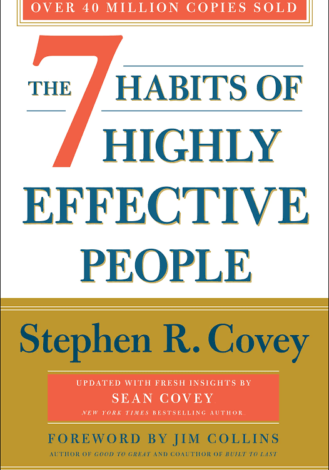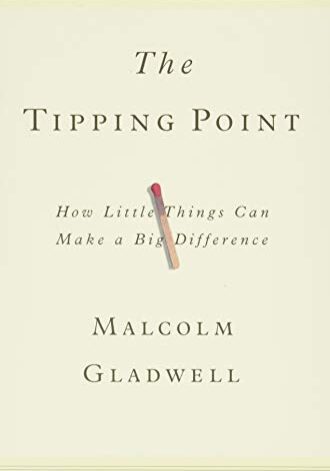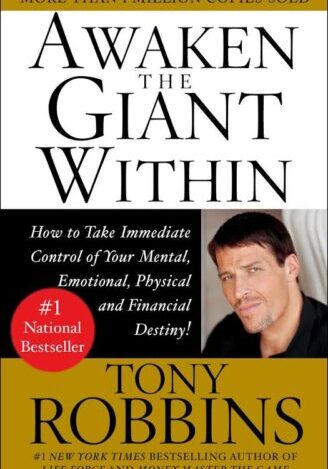Introduction
"The Prophet," written by Lebanese-American poet and philosopher Khalil Gibran, is a collection of poetic essays that covers life's essential topics. Since its publication in 1923, it has been translated into over 100 languages, and its profound wisdom has touched millions of hearts worldwide. Through the words of the prophet Almustafa, the book explores the intricacies of love, marriage, children, freedom, and more, providing guidance and inspiration for readers from all walks of life. Whether you're a seasoned spiritual seeker or someone interested in exploring life's fundamental questions, "The Prophet" has something valuable to offer.
An Overview of the Key Themes
The book's 26 chapters cover various aspects of the human experience. Here's an in-depth look at some of the key themes:
- Love: Love is not just a feeling but a transformative force. Almustafa's words on love challenge us to embrace it fully, with all its joy and pain, and see it as a path to growth and enlightenment. Love is what binds us, sustains us, and makes life meaningful.
- Marriage: In the chapter on marriage, Gibran explores the union of two souls. He emphasizes the importance of individuality within the relationship and the sacred bond that connects two people while allowing them room to grow.
- Children: The book's insights on parenting and children are timeless. It emphasizes that children are independent beings, and parents are merely the channels through which they come into the world. This perspective encourages respect, understanding, and a nurturing approach to raising children.
- Work: Work is portrayed as a form of love and a way to fulfill one's inner calling. Whether it's a craft, profession, or daily task, work done with love and devotion becomes a source of joy and meaning.
- Freedom: Freedom is an inherent human right, but it's also a personal responsibility. Almustafa's words inspire us to seek inner freedom, breaking free from self-imposed limitations and societal expectations.
- Friendship: Friendship is a sacred relationship that requires trust, respect, and understanding. Through the teachings in "The Prophet," readers are encouraged to cultivate friendships that uplift and inspire.
- Sorrow and Joy: Life is filled with contrasts, and sorrow and joy often come hand in hand. Embracing both as part of the human experience leads to deeper wisdom and a more fulfilled life.
- Beauty and Aesthetics: Gibran's poetic language paints a vivid picture of beauty's significance in our lives. Beauty is not just external; it's a reflection of the soul and a way to connect with the divine.
- Death: Death is not the end but a transition. "The Prophet" guides readers to see death as a natural part of life, encouraging a fearless approach to this often-taboo subject.
How "The Prophet" Continues to Inspire
- A Source of Comfort and Wisdom: The teachings in "The Prophet" provide solace and guidance for people facing life's challenges. The book's wisdom transcends time, culture, and religion.
- An Invitation to Self-Reflection: By exploring fundamental human experiences, "The Prophet" encourages readers to reflect on their lives, values, and beliefs.
- A Celebration of Human Potential: The book celebrates the potential within each individual to live a life of purpose, love, and fulfillment.
Related Thought Leaders
Authors such as Rumi, Maya Angelou, and Paulo Coelho have touched on similar themes of love, freedom, and self-discovery. Their works continue to inspire readers to explore their inner landscapes and connect with universal truths.
In-Depth Exploration of Selected Themes
To further appreciate "The Prophet," let's delve deeper into some of the selected themes:
- On Love: Love is a complex and multifaceted emotion. "The Prophet" encourages readers to see love as a spiritual journey, a path to self-discovery, and a universal force that binds humanity.
- On Work: Work becomes meaningful when it's an expression of our inner calling. It's not just about earning a living but about contributing to the world and finding joy in our daily tasks.
- On Death: Death is portrayed as a continuation of life's journey. By embracing death with understanding and grace, we can live more fully and without fear.
Conclusion
"The Prophet" by Khalil Gibran is more than just a book; it's a spiritual guide and a timeless masterpiece. Its teachings on love, freedom, work, and more provide insights that resonate with readers across generations and cultures.

